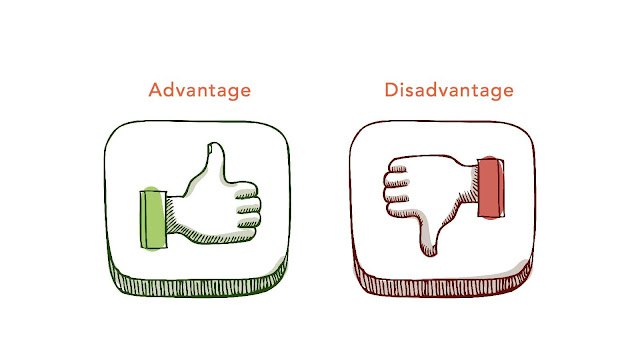 |
| Advantages And Disadvantages Of Zero Energy Building |
Advantages And Disadvantages Of Zero Energy Building
What is Zero Energy Building?
A zero energy building (ZEB) is a highly energy-efficient building that produces as much energy as it consumes over the course of a year. In other words, a ZEB has a net zero energy consumption, and may even produce excess energy that can be exported to the grid or used for other purposes.
The design of a ZEB typically involves a combination of energy-efficient features, such as high levels of insulation, air-tight construction, efficient heating, cooling and lighting systems, and renewable energy technologies such as solar panels, wind turbines or geothermal systems. By incorporating these features, a ZEB can greatly reduce its energy consumption and carbon footprint, and can even become energy self-sufficient.
There are different levels of zero energy buildings depending on their energy performance. For example, a "net-zero energy ready" building is designed to achieve net-zero energy status with the addition of renewable energy sources, while a "net-positive energy" building generates more energy than it consumes and can export excess energy to the grid.
Zero energy buildings are becoming increasingly popular as a way to reduce energy consumption and combat climate change. They are often more expensive to build than conventional buildings, but can result in significant long-term cost savings on energy bills, as well as improved comfort and health for occupants.
Advantages of Zero Energy Building
Zero energy buildings (ZEBs) offer a range of advantages over conventional buildings, including:
-
Reduced Energy Costs: ZEBs generate their own energy on-site, typically through renewable sources such as solar, wind, or geothermal energy. This greatly reduces the need for grid-supplied energy, resulting in lower energy bills and reduced operating costs.
-
Improved Indoor Comfort: ZEBs are designed with high levels of insulation, airtight construction, and efficient HVAC systems, resulting in more comfortable indoor environments with stable temperatures and improved air quality.
-
Reduced Carbon Footprint: By producing their own energy on-site, ZEBs greatly reduce their carbon footprint, resulting in lower greenhouse gas emissions and a smaller environmental impact.
-
Increased Resilience: ZEBs are often designed with backup power systems, such as battery storage or backup generators, which can provide power during grid outages or emergencies.
-
Enhanced Building Value: ZEBs are considered premium properties due to their energy efficiency and reduced operating costs, resulting in increased property values and potential rental premiums.
-
Compliance with Energy Codes: In many regions, building codes and regulations are increasingly focused on energy efficiency and renewable energy sources. ZEBs are often designed to meet or exceed these codes, ensuring compliance and avoiding costly retrofits.
Overall, zero energy buildings offer a range of benefits to building owners, occupants, and the environment, and are becoming an increasingly attractive option for new construction and retrofits.
Disadvantages of Zero Energy Building
While zero energy buildings (ZEBs) offer many advantages, there are also some potential disadvantages to consider:
-
Higher Upfront Costs: ZEBs typically require higher upfront costs for design, construction, and installation of renewable energy systems. While these costs can be offset by energy savings over time, they may be a barrier to entry for some building owners or developers.
-
Maintenance Requirements: ZEBs require regular maintenance and monitoring to ensure that the building and energy systems are functioning as intended. This can require specialized skills and knowledge, which may increase maintenance costs and complexity.
-
Climate Dependency: The performance of renewable energy systems, such as solar panels or wind turbines, can be affected by weather conditions and climate patterns. In regions with low solar or wind resources, additional energy sources or storage may be required to maintain net-zero energy status.
-
Occupant Behavior: The energy performance of a ZEB can be affected by the behavior of occupants, such as leaving lights on or adjusting thermostats. Educating occupants on energy-efficient behaviors and implementing building automation systems can help to mitigate this issue.
-
Design Limitations: Achieving net-zero energy status may require trade-offs in building design or functionality, such as reducing window sizes or limiting plug loads. This can affect building aesthetics or occupant comfort, and may require compromise between energy performance and other design considerations.
-
Limited Retrofit Potential: Retrofitting an existing building to achieve net-zero energy status can be difficult and costly, and may not be possible in all cases. This can limit the potential for existing buildings to be converted to ZEBs.
Overall, while ZEBs offer many benefits, they also require careful planning, design, and maintenance to achieve net-zero energy status and avoid potential disadvantages.






0 Comments:
Post a Comment